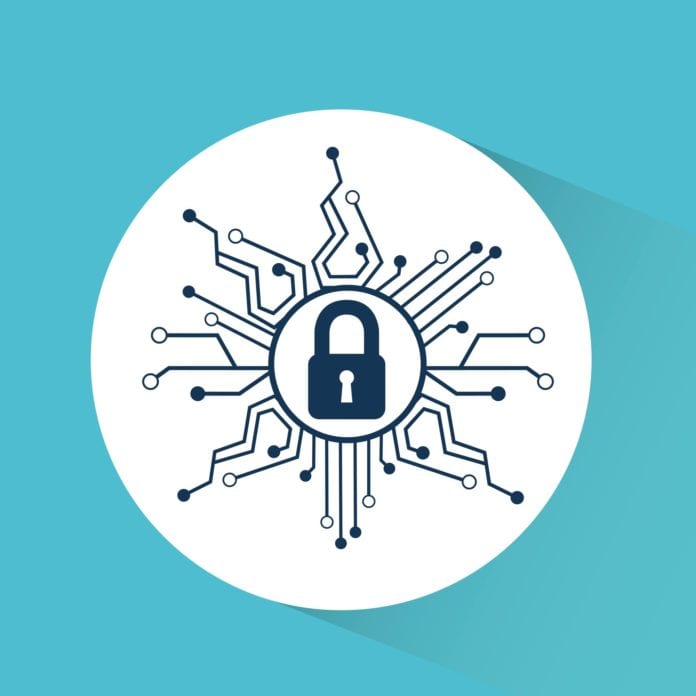Oracle releases additional cloud services to compete with AWS, Google and Microsoft
Oracle chief technology officer Larry Ellison debuted a new 18c version of its marquee database software at the company’s OpenWorld conference in San Francisco, Califo., which leverages machine learning to automate the database and cyber defenses. Ellison dubbed the new database “revolutionary,” citing it as one of the most important accomplishments of the company for quite sometime.
Despite recurring news headlines of cyber attacks popping up every other day, 52% of 300 IT decision makers describe their companies enforcement of cyber security policies as moderate, according to a recent security survey by Clutch, compared to strict at 47%. In addition, 37% of companies said they experienced password attacks in the last year.
The database software will use machine learning in addition to a mountain of log data to boost system security, storage and accessibility, according to Oracle. The software will also scale compute and storage on demand. Machine learning allows Oracle’s next generation data and cybersecurity system to be automated. Administrators can determine policies for the software to abide by, which will manage itself based on those rules. For instance, a user can put in a request to have disaster recovery for their data, which the database will fulfill automatically.
“These were developed together and designed to prevent data theft. We do everything we can to avoid human intervention,” said Ellison. “Cybersecurity system detects threat than passes along. Database system has to patch itself and not wait for a human to schedule downtime to gracefully implement a patch in a month or two.” Ellison went on to note the worst data threats take place after a patch is available.
Ellison’s remarks concerning machine aren’t unheard of. Other companies, such as Microsoft, Google and Amazon Web Services (AWS), have discussed machine learning. The real benefits of machine learning, according to Ellison, is the ability to adjust and rework the database.
Other advantages include reduced costs and labor. Taking a shot at Amazon, Ellison said Oracle 18c has half the cost of running the same workloads using Amazon Redshift on AWS. He said automation isn’t intended to replace database administrators, but to enable professionals to pursue more advanced work like security. “It’s not like these admins are sitting around with nothing to do,” said Ellison. He also said the business could promise customers of the new software less than 30 minutes of planned or unplanned downtime a year.
Oracle is making its 18c available when price competition in the cloud market is extremely competitive. Amazon, for example, just switched to charging companies for its cloud services on a per-second basis in order to compete with rivals Microsoft and Google. Google began offering per-minute basis cloud computing in 2013, switching to a per-second basis recently as well.

